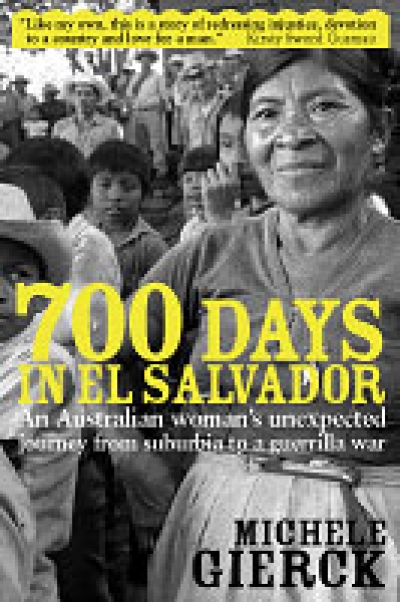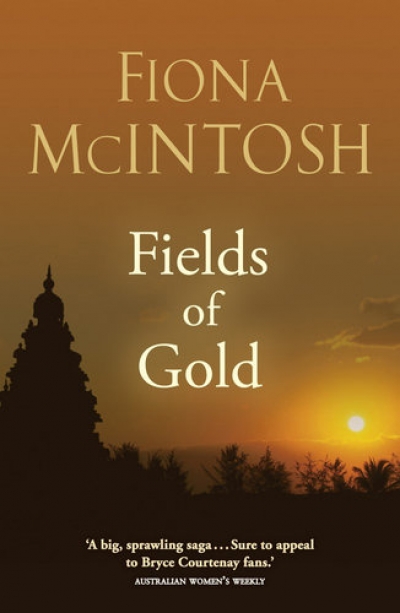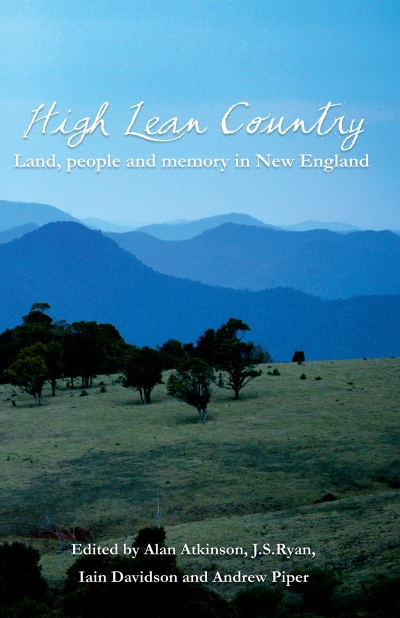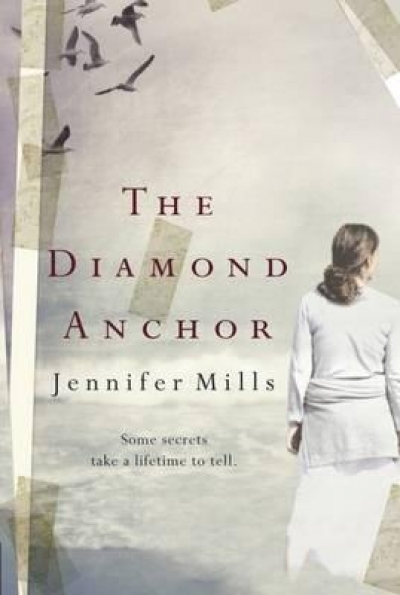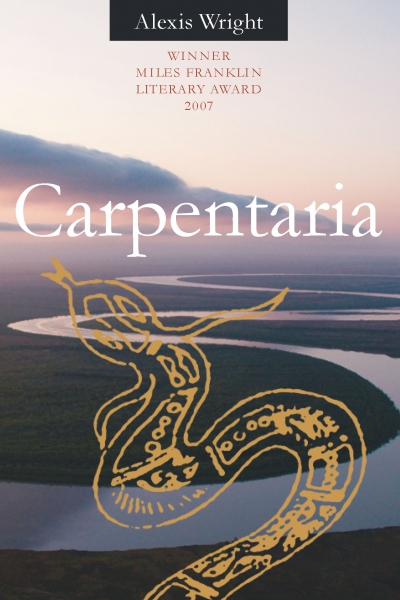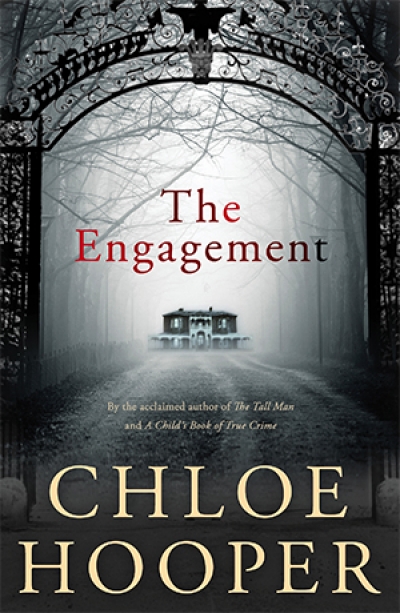Kate McFadyen

Kate McFadyen lives in Melbourne where she works as a bookseller. She has been a contributor to Australian Book Review since 2007.
One of the things I am often called on to do as a bookseller is to make recommendations, particularly when it comes to fiction. This involves making a judgement about what a customer wants from a book, rather than what a book may want from its reader. Many readers declare from the outset that all they want from a novel is a good story they can escape into. They happily admit that they don’t want ... (read more)
I recently went back to New England. It is a long drive from Melbourne, but as I passed through Coonabarabran and Tamworth and began the ascent up the Moonbi Ranges, my gaze responded to the strange and familiar landscape. I periodically wound down the car window to smell the air – crisp but still warm for autumn. I grew up in a few different New England towns – Inverell, Glen Innes, Armidale ... (read more)
It is a common assumption that nothing much happens in small country towns; that they are insular places where people live their entire lives, unchallenged by the outside world. But I never found the towns I lived in to be stagnant: conservative and sometimes small-minded, yes, but never uniformly dull. Individuals and families come and go; people run away or arrive, seeking refuge; people return ... (read more)
There is a mesmerising scene in Carpentaria when Joseph Midnight is asked if he has seen the fugitive Will Phantom, a young local Aboriginal man who is single-handedly waging a guerrilla war against a large lead ore mining company. He eyes the questioner and astutely spots him as a ‘Southern blackfella … a real smart one, educated, acting as a guide. He got on a tie, clean white shirt and a ni ... (read more)
The first time The Engagement’s narrator, Liese Campbell, sees the family homestead owned by her lover, Alexander Colquhoun, she is struck by its imposing physical presence: ‘We turned a corner … The second storey came into view: eight upstairs windows and each chimney intricate as a small mausoleum.’ As she surveys the isolated Victorian mansion, with its English driveways and gardens, sh ... (read more)
In the afterword to The Ghost of Waterloo, Robin Adair reveals what attracts him to writing historical fiction: ‘This has been a work of what I call “friction” – facts and real people rubbing along with plausible “what-ifs”.’ The term is apt. Adair does not see historical fiction as a holistic combination of research and creativity, but as a mode in which the imagination competes wit ... (read more)

